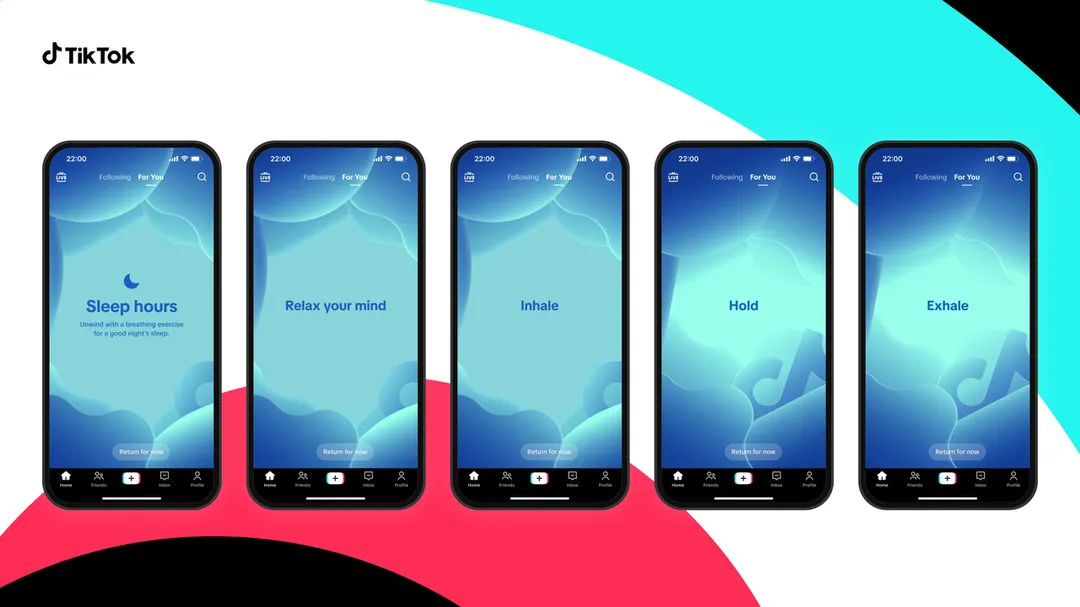
TikTok Introduces In-App Meditation to Combat Mental Health Concerns & Doomscrolling
Facing increasing scrutiny and lawsuits concerning its impact on users' mental health, particularly among children, TikTok is taking a proactive step: introducing in-app guided meditation exercises. This move aims to promote wellness and curb late-night doomscrolling, a habit that can exacerbate anxiety and sleep disturbances.
The company announced on Thursday that it's rolling out these new well-being features, including guided meditation, to all users, following successful testing with teenagers earlier this year. The meditation feature, designed to improve sleep quality, is automatically activated during "sleep hours" for users under 18. After 10 p.m., these young users will encounter a guided meditation exercise that interrupts their "For You" feed. If they continue using TikTok, a second, more prominent meditation prompt will appear.

This focus on healthier digital habits coincides with growing public pressure and legal challenges. Last year, a bipartisan group of state attorneys general filed lawsuits alleging that TikTok is intentionally addictive and psychologically damaging to children, leading to issues such as depression, anxiety, and sleep loss.
TikTok says it has plans for this feature, according to TikTok creator Dr. Willough Jenkins, as part of an initiative to highlight the importance of developing healthy digital habits, the app now includes a "Meditation in Sleep Hours" function in action, where users can go to Settings and Privacy > Screen Time > Sleep Hours, to set your bedtime, and let the app help you unwind.
In addition to these in-app features, TikTok is expanding its "Mental Health Education Fund" with a $2.3 million donation in ad credits to 31 mental health organizations across 22 countries. This funding, coupled with TikTok-provided training, will enable these organizations to create engaging and informative mental health content for a global audience.
Johanna S. Kandel, Founder and CEO of National Alliance for Eating Disorders, described the transformative impact TikTok has had on The Alliance’s reach and effectiveness, creating an unprecedented level of awareness around eating disorders and, consequently, connecting more individuals and families with life-saving resources.
While TikTok navigates ongoing legal and political scrutiny concerning its Chinese ownership and data privacy, this latest initiative highlights the platform's efforts to address concerns about its impact on young users' mental well-being.
What impact will these measures have on users' mental health and engagement with the platform? Share your thoughts in the comments below!